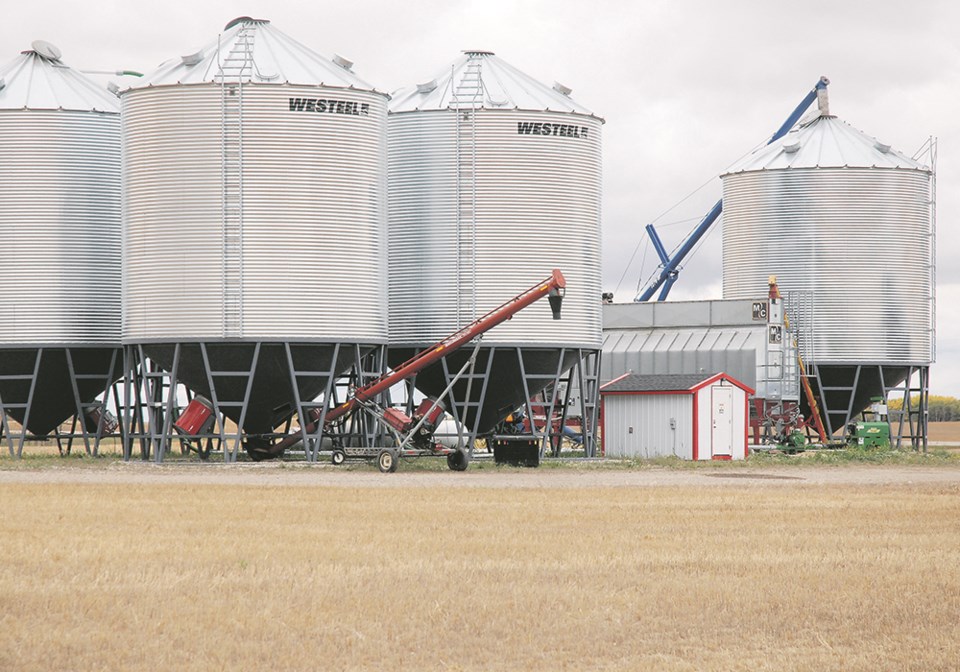The bill to exempt propane and natural gas used to dry grain or heat farm buildings from carbon pricing passed second reading June 13, but two committees would have to fast track to pass it before June 23. The parliamentary sitting then resumes mid-September.
Bill C-234 was referred to the standing agriculture and forestry committee and the standing committee on national finance for examination and report.
The agriculture committee is deep into its study on soil and neither committee had meetings scheduled to look at C-234 as of June 15.
Several farm organizations recently called on the Senate to pass the bill before the fall harvest. Keystone Agricultural Producers, the Agricultural Producers Association of Saskatchewan and the Alberta Federation of Agriculture issued a joint news release saying the bill had been stuck in the Senate long enough.
Bill C-234 passed in the House of Commons March 23 and received first reading in the Senate a week later but had not progressed further.
“Manitoba producers breathed a sigh of relief when this bill passed the House and moved over to the Senate for what we hoped would be its swift passage, but now have serious concerns with the delays we are seeing unfold,” said KAP president Jill Verwey.
Farmers argue there are no alternatives, leaving them to rely on natural gas and propane for critical processes on their farms. Fuel for on-farm use is exempt from the carbon tax and farmers say drying grain and heating or cooling barns should be included.
APAS president Ian Boxall said the bill should be passed right away.
“If we experience a wet harvest like 2019, I have real concerns about the added burden farms across Saskatchewan and the Prairies will be forced to absorb,” he said.
While Bill C-234 has been going through the legislative process, the federal government also passed Bill C-8, which provides a rebate for carbon pricing on the two fuels. However, farmers and finance officials have said the rebate does not cover costs.
Second-reading debate was held up because the critic, often the second person to speak to a bill after the sponsor, did not address it until June 13.
“As the grandson of a farmer, I recognize the appeal of Bill C-234, which seemingly aims to leave more money in the pockets of certain farmers,” said Progressive Senator Group senator Pierre Dalphond.
“However, as a grandfather, I’m also aware that we are in the midst of a global climate crisis. We must act decisively to stop climate change, which threatens both farms and biodiversity, as well as the health and well-being of so many people, not just in Canada but around the world.”
Dalphond said implementing a carbon price is a logical way to change behaviour and he wasn’t able to obtain information from the Agriculture Carbon Alliance to justify claims that the average 5,000-acre farm would pay $13,000 to $17,000 in direct and indirect carbon taxes in 2022.
“Let me add that an average farm in Canada has 809 acres and not 5,000 acres,” he said.
Dalphond argued that while Canadian farmers do compete against countries that don’t have carbon pricing, they have access to government programs to help them remain competitive.
He also said if the rebate under Bill C-8 does not equitably return funds, then it should be adjusted, rather than implement an exemption.
Contact [email protected]




